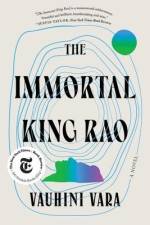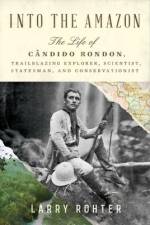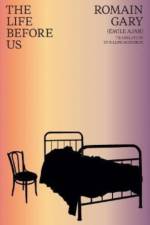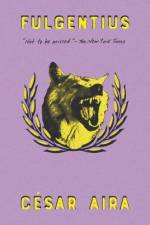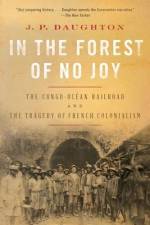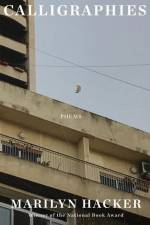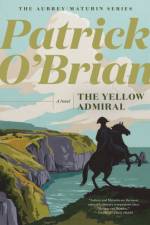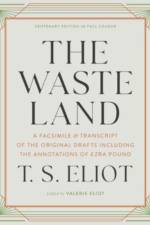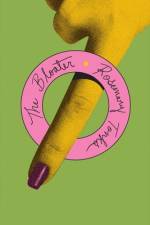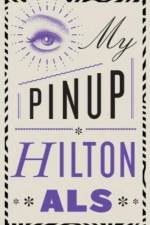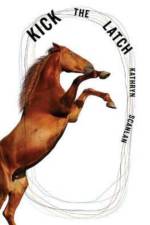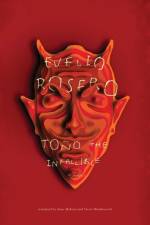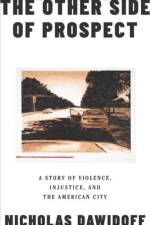av George Makari
171
By 2016, it was impossible to ignore an international resurgence of xenophobia. What had happened? Looking for clues, psychiatrist and historian George Makari started out in search of the idea's origins. To his astonishment, he discovered an unfolding series of never-told stories. While a fear and hatred of strangers may be ancient, he found that the notion of a dangerous bias called "xenophobia" arose not so long ago.Coined by late-nineteenth-century doctors and political commentators and popularized by an eccentric stenographer, xenophobia emerged alongside Western nationalism, colonialism, mass migration, and genocide. Makari chronicles the concept's rise, from its popularization and perverse misuse to its spread as an ethical principle in the wake of a series of calamites that culminated in the Holocaust, and its sudden reappearance in the twenty-first century. He investigates xenophobia's evolution through the writings of figures such as Joseph Conrad, Albert Camus, and Richard Wright, and innovators like Walter Lippmann, Sigmund Freud, Jean-Paul Sartre, Simone de Beauvoir, and Frantz Fanon. Weaving together history, philosophy, and psychology, Makari offers insights into varied, related ideas such as the conditioned response, the stereotype, projection, the Authoritarian Personality, the Other, and institutional bias.Masterful, original, and elegantly written, Of Fear and Strangers offers us a unifying paradigm by which we might more clearly comprehend how irrational anxiety and contests over identity sweep up groups and lead to the dark headlines of division so prevalent today.

